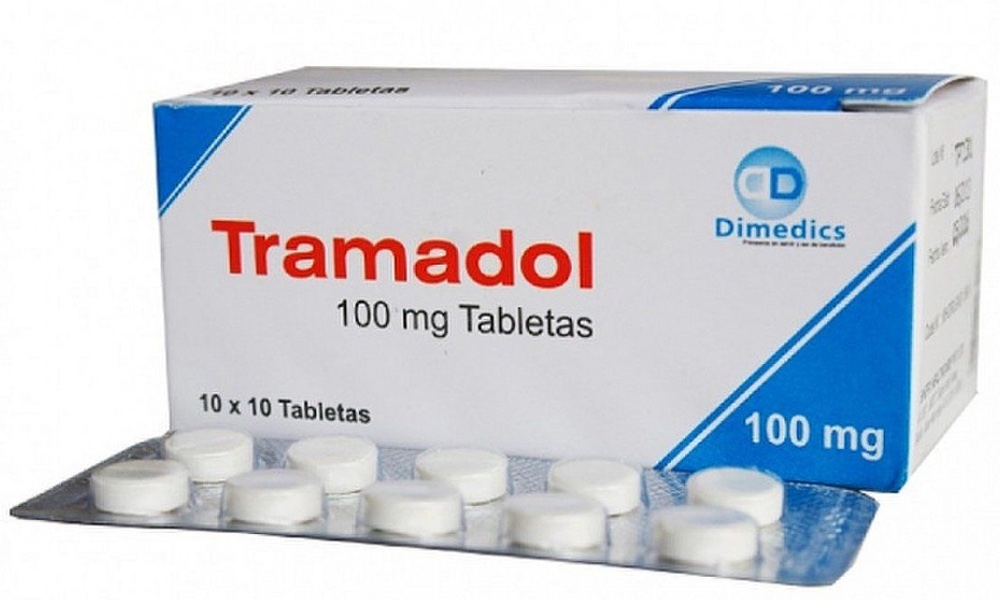Many studies have shown that young people with a family history of drinking alcohol will go on to drink more themselves. Now, a study using rats may have found a biological explanation.
Researchers at the State University of New York Developmental Ethanol Research Center have found that because the nervous system of unborn rats — and, presumably, people — adapts to what their mothers eat and drink, those exposed to alcohol in the womb develop a tolerance and liking for alcohol. After they were born, they drank significantly more alcohol than rats whose mothers did not drink.
These findings, published as two studies in the December issue of Behavioral Neuroscience, may provide an important clue to why teens with a family history of drinking tend to drink more. Lead author Steven Youngentob, Ph.D., explains that even relatively light drinking during pregnancy can create a biologically "programmed" preference for alcohol's taste and smell that can make young people much more likely to abuse alcohol.
Heavy drinking during pregnancy has been proven to cause Fetal Alcohol Syndrome, which leads to mental retardation and other developmental problems.
In one study, rats exposed to alcohol in the womb drank significantly more of it in youth but not in adulthood.
The authors offer the explanation that when the developing nervous system senses alcohol in amniotic fluid, the developing fetus becomes attuned to it. It "likes" the taste and smell. However, if the nervous system has no further experience with the drug by adulthood, the effect wears off and alcohol loses its allure.
Speaking to young people who may not even know that they are entering a high-risk period for alcohol abuse, Youngentob offers this message: "Keep kids away from alcohol, especially those that had fetal exposure."
"The even more basic message is that there is no time during pregnancy when it is safe to drink," adds Youngentob.




